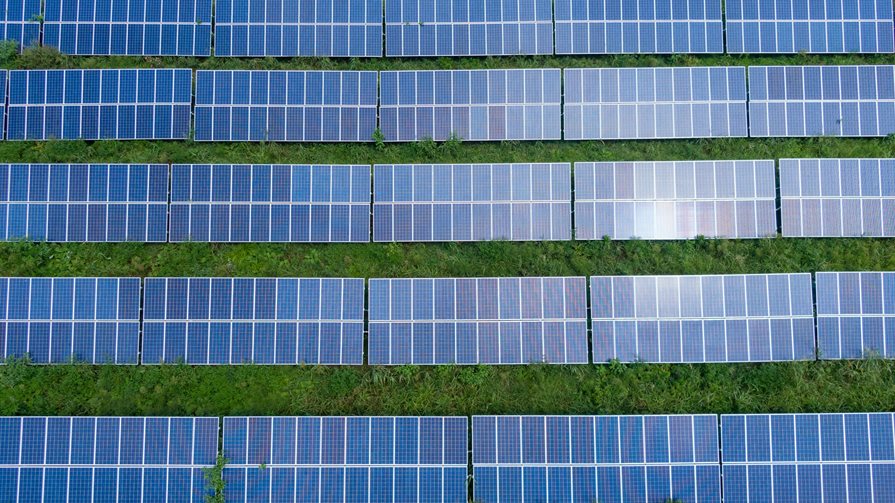Solar water heater feasibility study for under privileged towns and villages

Hamidreza Ramezani-Gol-Afshani, School of Engineering & Technology
In many underprivileged villages and towns with no potable water networks, households rely on rooftop water tanks and must use costly electricity to heat water for domestic use. These communities, often abundant in sunshine with minimal cloud cover, represent an untapped opportunity for solar energy utilization. This project explores the affordability and practicality of solar-powered water heating for small residential homes in such areas.
The research aims to demonstrate that even with solar panel efficiencies as low as 20 per cent, the payback period for this solution can be attractive, making it feasible for homeowners with modest financial resources. The project involves conducting a literature review of similar initiatives, exploring energy-maximizing controllers, and identifying barriers to wider adoption. Using RETScreen Expert software, researchers will simulate energy availability and verify calculations manually to understand daily energy harvest. A cash flow analysis, sensitivity checks on panel efficiency, and cost-performance studies will further validate the feasibility of this approach.
By reducing dependency on unreliable electricity grids and leveraging free, renewable solar energy, this project has the potential to transform energy use in underprivileged communities. Success could encourage the adoption of solar energy for not just water heating but also household electricity generation, relieving grid pressure and enhancing community resilience.

